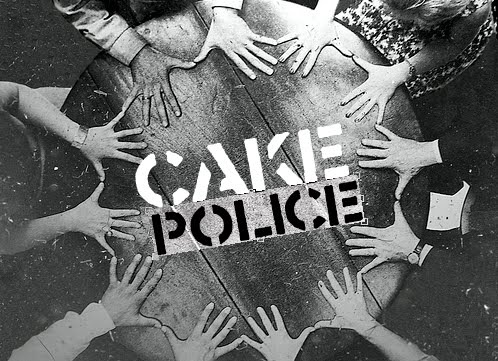From Tariq Ali's contribution to the 50th anniversary issue of the New Left Review:
There persists the uneasy thought that the Iraqi resistance, capable of inflicting such damage on the us military machine only yesterday, might just be biding its time after its heavy losses and the defection of an important segment, and could still visit havoc on the collaborators tomorrow, should the us pull out altogether. To ensure against any such danger, Washington has put down markers in the modern equivalents—vastly larger and more hideous—of the Crusader fortresses of old. The Balad military base, within easy bomber reach of Baghdad, is a small-town American city-state. Containing an airport that is reportedly the busiest in the world after Heathrow, it can house over 30,000 us soldiers and auxiliaries—an immigrant labour force composed largely of South Asian workers who clean homes, cook food and staff Subway sandwich bars; drug-dealers are never in short supply, while mobile Eastern European prostitutes serve Balad’s other needs. Fifteen bus routes complement the airport, but commuting remains a problem for some of the service staff.* Another thirteen military and air-force bases are scattered throughout the country, among them Camp Renegade near Kirkuk, to guard the oil-wells, Badraj on the Iranian border, for espionage in the Islamic Republic, and a British base dating back to the 1930s at Nasiriyah, upgraded to serve American appetites. In Baghdad itself, meanwhile, the us proconsul can now enjoy the largest and most expensive embassy in the world—it is the size of the Vatican City—in the fortified enclave of the Green Zone.
* ‘It takes the masseuse, Mila from Kyrgyzstan, an hour to commute to work by bus on this sprawling American base. Her massage parlour is one of three on the base’s 6,300 acres and sits next to a Subway sandwich shop in a trailer, surrounded by blast walls, sand and rock’, writes Marc Santora: ‘Big us Bases Are Part of Iraq, but a World Apart’, New York Times, 8 September 2009.
Thursday, February 11, 2010
Subscribe to:
Post Comments (Atom)

No comments:
Post a Comment